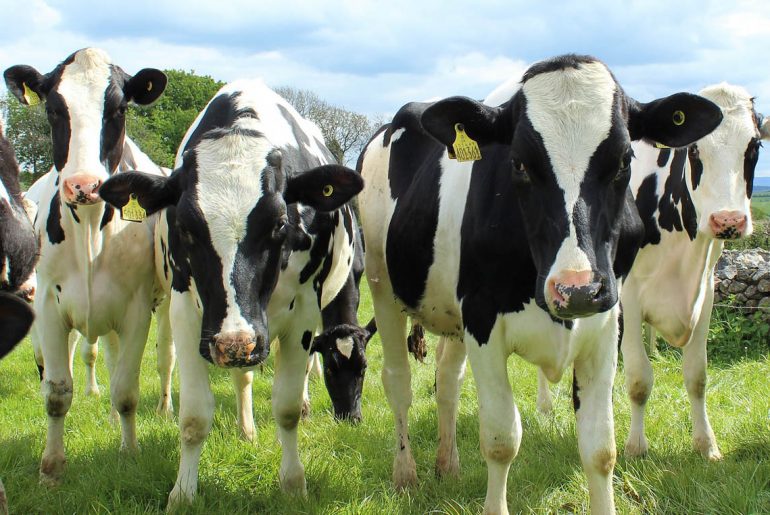For many Americans, the idea of giving up meat is unfathomable or even alien. What’s the 4th of July without a hamburger?
But a new analysis of beef consumption in the States shows that our carnivorous habit is holding us back from reducing greenhouse gas emissions. Conducted by a team of scientists from Oregon State University, the study states that if more people switched to a plant-based diet, America could still come close to meeting the greenhouse gas goals set by former President Barack Obama in 2009 — even in the face of current president Donald Trump backing the nation out of the Paris Climate Accord.
If every American were to replace the beef in their diets with beans — even while continuing to eat chicken, pork and dairy products — the country could reach 46 to 74 percent of the previously set 2020 target.
This is true even without any changes to the current energy infrastructure or the transportation system.
The system works like this: while some beans are grown and fed directly to humans, most end up as feed for cattle. In the process of turning these beans into meat on their bodies, the animals emit greenhouse gases — gasses that would never be released if we were to simply eat the original beans.
Furthermore, if we didn’t need huge swathes of land to grow the extra beens to feed the cattle, there would be 42 percent more free cropland in the United States.
While it’s unlikely every American would be willing to replace the beef in their diets with beans, it’s one example of how big of an impact individuals can have.
“The real beauty of this kind of thing is that climate impact doesn’t have to be policy-driven,” researcher Helen Harwatt told The Atlantic. “It can just be a positive, empowering thing for consumers to see that they can make a significant impact by doing something as simple as eating beans instead of beef.”
We’re told to turn off lightbulbs, keep showers short and buy compact cars, or, better yet, bike to work, but those pale in comparison to the environmental impact one person can have by giving up beef.
“I think it’s such an easy-to-grasp concept that it could be less challenging than a whole dietary shift,” said Harwatt.




